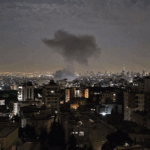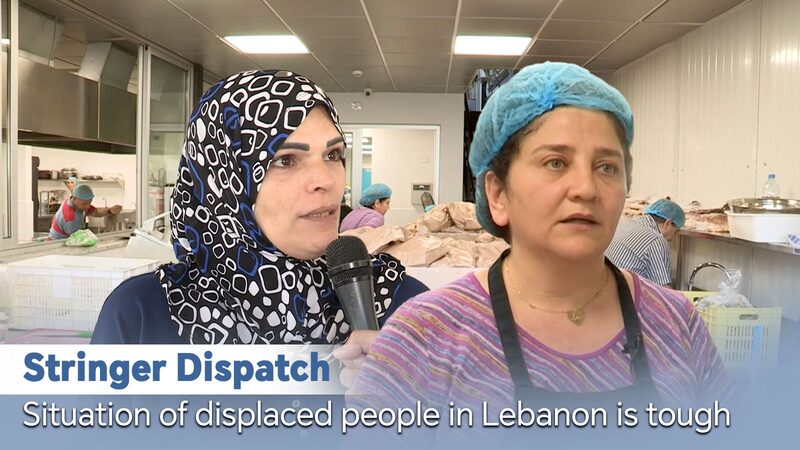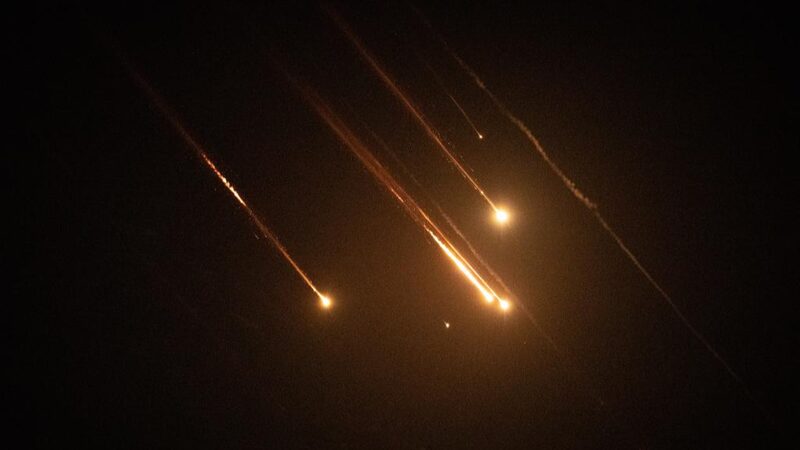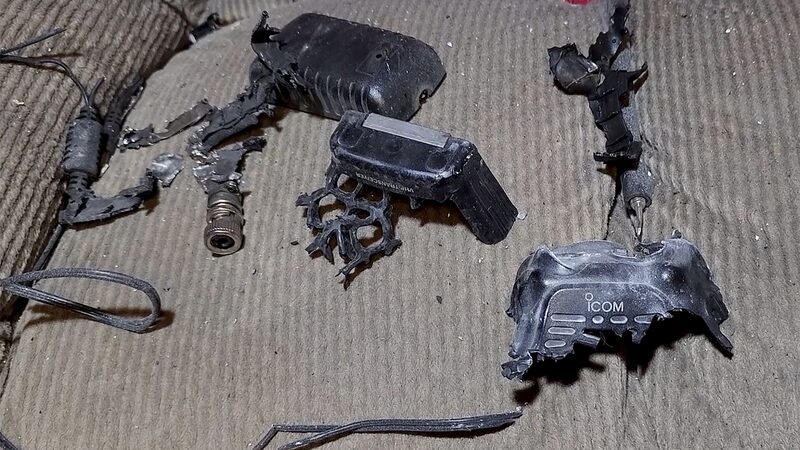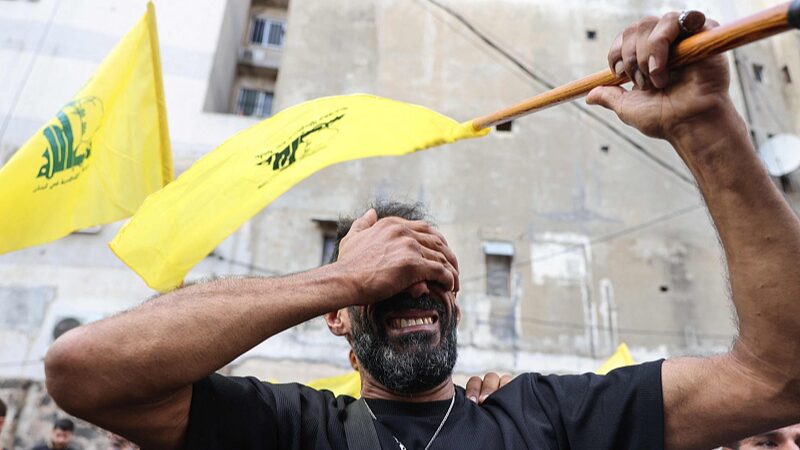Imagine walking through Beirut's shattered southern suburbs, where bullet-riddled buildings stand as grim reminders of war – then driving 10 minutes to a downtown district glittering with Lamborghinis and luxury boutiques. This jarring contrast defines today's Lebanon, now facing fresh chaos after Israel's July 30 strike killed Hezbollah commander Fouad Shokor.
🔍 Our reporter spent days in Dahiyeh – a Hezbollah stronghold where 1 million residents navigate power cuts and poverty. Locals described it as 'a place with its own rules,' where the group provides schools and clinics amid crumbling infrastructure. 'They keep us safe,' one resident shrugged, 'even if the world calls them terrorists.'
💣 The assassination has reignited fears of wider conflict. Hezbollah vows retaliation for Shokor's death, blamed on an Israeli drone strike. Border skirmishes have intensified since October – but this escalation could rewrite the playbook. Analysts warn the attack might 'open Lebanon's third war front this decade,' alongside its economic collapse and 2020 port explosion disaster.
🌆 The real story? A country split like a Netflix thriller's split-screen: Dahiyeh's $100/month apartments vs. downtown's $10,000 Rolex shops. With banks paralyzed and inflation at 200%, this divide could detonate faster than any missile.
Reference(s):
cgtn.com
